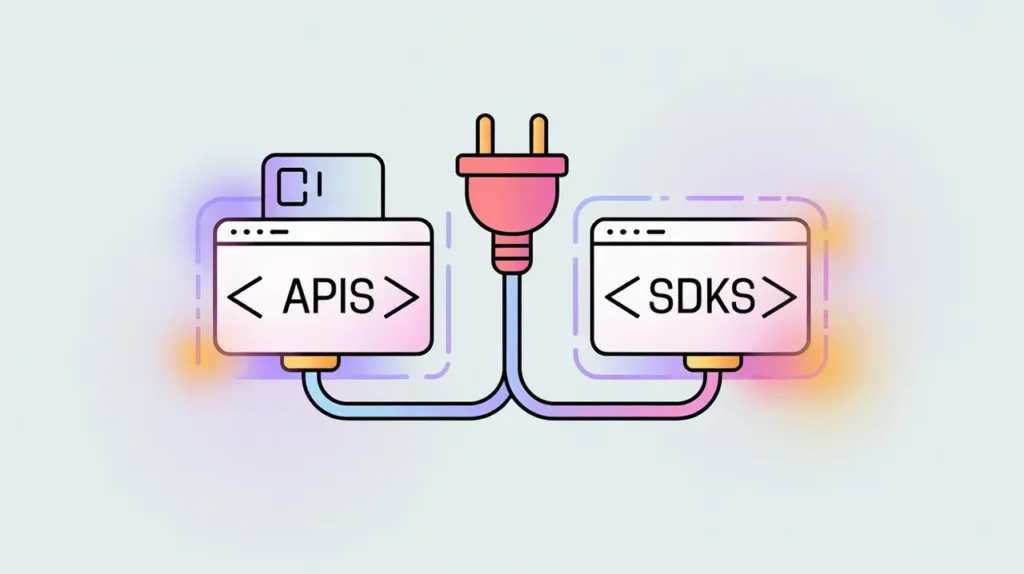Importance of Survey and Form Platforms
Survey and Form Platforms are digital tools that enable organizations to collect structured data from individuals or groups. They provide customizable templates, distribution methods, and analytics to gather feedback, measure outcomes, or capture operational information. Their importance today lies in making data collection faster, scalable, and more accessible, whether through online links, mobile devices, or offline capture.
For social innovation and international development, survey and form platforms matter because mission-driven organizations rely on accurate, timely data to design programs, measure impact, and remain accountable to stakeholders. These tools lower barriers to collecting evidence across diverse contexts.
Definition and Key Features
Popular platforms include Google Forms, Typeform, SurveyMonkey, KoboToolbox, and Qualtrics. Features often include branching logic, question libraries, response validation, offline mode, and integrations with data analysis or visualization tools. Some platforms specialize in humanitarian or development contexts, emphasizing security, offline capture, and multi-language support.
They are not the same as general feedback channels like email, which lack structure, nor are they equivalent to analytics platforms, which process but do not directly collect data. Survey and form platforms focus on data collection at scale with built-in management and analysis tools.
How this Works in Practice
In practice, organizations use survey and form platforms to gather beneficiary feedback, monitor program effectiveness, and conduct research. Offline capabilities allow data collection in areas with poor connectivity, while integration with CRMs or dashboards ensures responses feed directly into organizational workflows. Mobile-first platforms expand reach by enabling enumerators to collect responses in the field.
Challenges include survey fatigue, potential biases in question design, and risks to privacy when collecting sensitive data. Ethical data practices and community involvement in design are essential to ensure inclusivity and trust. Costs can also rise with advanced platforms that require enterprise licenses.
Implications for Social Innovators
Survey and form platforms are indispensable for mission-driven organizations. Health initiatives can use them to track patient outcomes or vaccination coverage. Education programs can gather student and teacher feedback to improve learning interventions. Humanitarian agencies can deploy surveys to assess needs and monitor aid effectiveness in real time. Civil society groups can collect evidence for advocacy, ensuring their campaigns are grounded in community voices.
By providing efficient and accessible ways to collect data, survey and form platforms strengthen evidence-based decision-making and accountability across missions.







